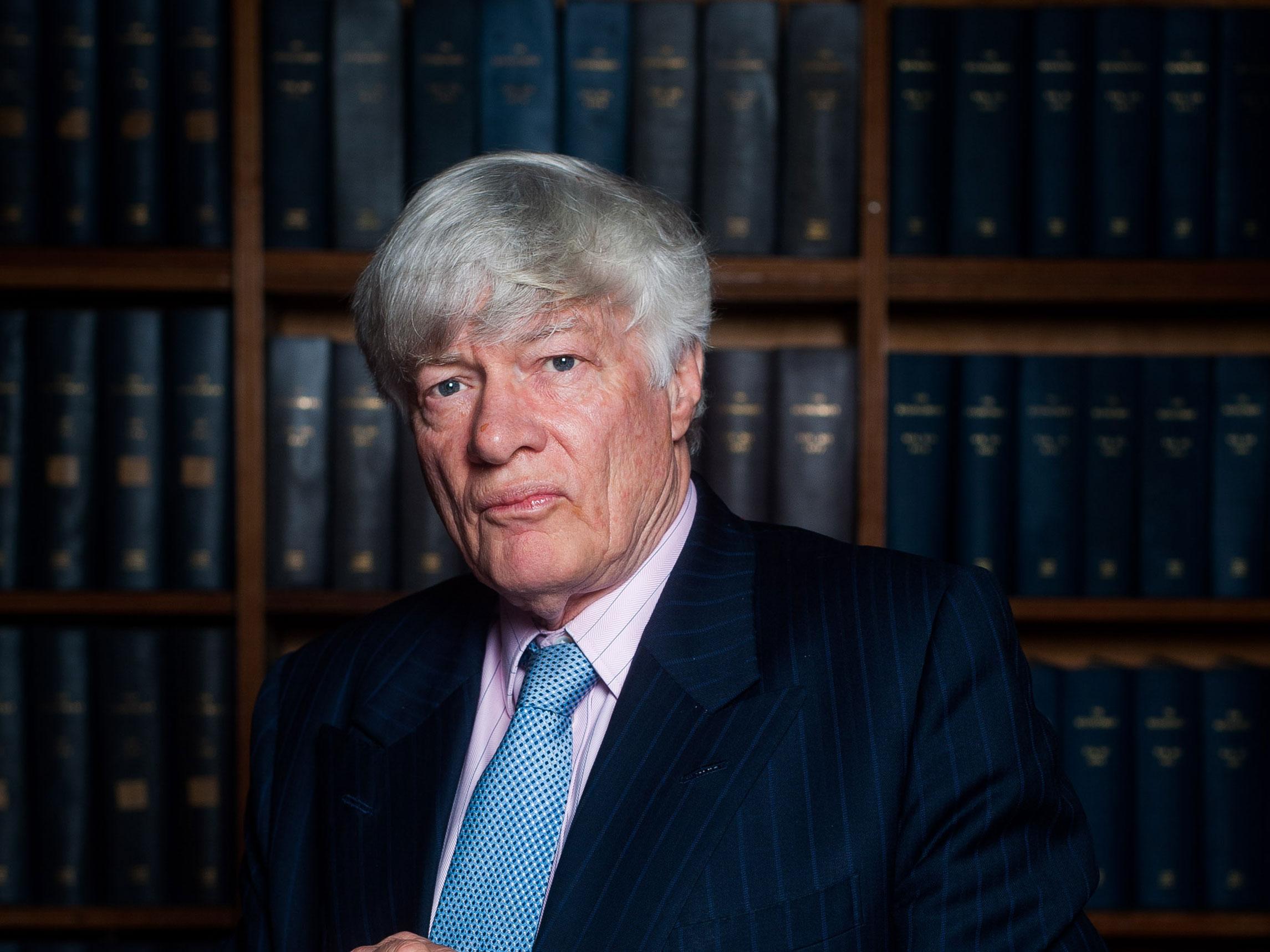Brexit ruling: Supreme Court decision could mean UK leaves EU after next election
Having to go through Parliament means the Government may not be able to begin the process of leaving the European Union until 2019, says Geoffrey Robertson QC

Your support helps us to tell the story
From reproductive rights to climate change to Big Tech, The Independent is on the ground when the story is developing. Whether it's investigating the financials of Elon Musk's pro-Trump PAC or producing our latest documentary, 'The A Word', which shines a light on the American women fighting for reproductive rights, we know how important it is to parse out the facts from the messaging.
At such a critical moment in US history, we need reporters on the ground. Your donation allows us to keep sending journalists to speak to both sides of the story.
The Independent is trusted by Americans across the entire political spectrum. And unlike many other quality news outlets, we choose not to lock Americans out of our reporting and analysis with paywalls. We believe quality journalism should be available to everyone, paid for by those who can afford it.
Your support makes all the difference.The Supreme Court’s Brexit ruling means that it could take the Government two years to even begin the process of leaving the European Union, a leading constitutional lawyer has said.
Geoffrey Robertson QC, who first outlined the argument that succeeded in the court in The Independent just a few days after the EU referendum, said the judges’ decision was a “momentous reaffirmation” of the sovereignty of Parliament.
Theresa May has said she wants to trigger Article 50 – the mechanism by which states can leave the EU – this spring.
However Mr Robertson said the requirement to go through the “entire parliamentary process” involving the House of Lords meant this would probably not be possible until 2019, just a year before the next election.
The other EU states have refused to enter into negotiations about the terms of the UK’s departure until the British Government makes a formal submission under Article 50.
Doing so begins a process of up to two years after which the UK would leave the EU even if no deal on trade, movement of people and other matters had not been agreed.
This means Brexit might not actually happen until after the 2020 election, which would then become a highly charged campaign in which the fate of Britain's EU membership would be effectively decided.
For Mr Robertson said while the ruling had left open the question of whether the UK Parliament could stop the Brexit process after Article 50 was triggered, he believed it could as “Parliament can repeal tomorrow what it passes today”.
By a vote of eight judges to three, Supreme Court supported the High Court’s earlier decision that Ms May needed the approval of Parliament if the UK was to leave the EU.
That decision led to howls of outrage with the High Court judges dubbed the “Enemies of the People” by some sections of the tabloid press.
But Mr Robertson said the ruling was “a momentous reaffirmation of the result of the English Civil War, namely that parliamentary sovereignty trumps the Executive, whether the Executive is the king or the Prime Minister and her Cabinet”.
“The judgment puts beyond doubt that the Government must now go through the entire parliamentary process – including the agreement of the House of Lords and the assent of the Queen – before it can trigger Article 50,” he said.
“The Government cannot get away with just a quick bill in the House of Commons.
“It has to go through the entire parliamentary process, which could take a couple of years.”
Join our commenting forum
Join thought-provoking conversations, follow other Independent readers and see their replies
Comments